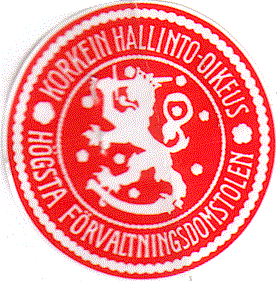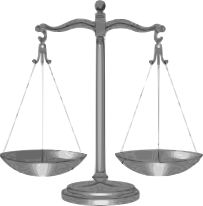 |
| Sepehr Nazari |
By Von Marian Brehmer
Sepehr Nazari is gay and comes from Iran. Where gays are executed when they are discovered. Nazari took refuge in Germany, presented an application for asylum, and learned that he is not welcome here.
Sepehr Nazari, 25 years old, would like to start a new life without fear. But it's not that simple.
In Iran, the country Sepehr Nazari comes from, men like him do not exist. At least, says the Iranian president,Mahmoud Ahmadinejad. When asked in 2007 during a visit to New York's Columbia University about homosexuality in Iran, he shrugged his shoulders. He did not know what was the question. There are gays in America perhaps, but not in Iran.
The country Nazari talks of seems to be another one to Ahmadinejad's. He knew many gay men in Iran. He tells of secret hangouts and gay cafes, five queer identified online newspapers he has written for. At an international Online Dating Service for homosexuals were just in his home city of Tehran thousands of gays with profiles - more than in Berlin, he says.
Being gay in Iran is dangerous. The article 110 of the "hadd punishments for homosexuality" is: "The hadd punishment for homosexuality in the form of transport is the death penalty. The method of killing is at the discretion of the judge." But even "who has a kissing another of sensuality, is punished with a Tazir penalty of up to 60 lashes." Since 1979, according to Iranian human rights activist, four thousand homosexuals have been executed.
Sepehr Nazari in the spring of 2011 sought asylum in Germany, he currently resides in Dresden, and often comes to Berlin. As a meeting place the 25-year-old has picked his favorite cafe, located in the Kreuzberg district of Berlin Reichenberg. In perfect English he tells his story.
Sent to the psychologist
At fourteen, he knew he was gay. Once, when his friend was visiting, Sepehr's mother burst into the room. She saw her son, entwined with a man, "This is immoral! I knew that you're spoiled," she shrieked. The friend fled from the apartment. Sepehr locked himself in the shower, until his father persuaded him to come out. This is only a phase that will pass soon, his father said. Since then the two have never spoken a word about his homosexuality.
Homosexuality is against nature, it is contrary to God's will. How often has Sepehr heard this. However, his parents are not religious, but rather concerned about the family, neighbors and friends. What to think? "I've always asked my mother what she really thinks," said Sepehr. He never received a reply.
Instead, his mother sent him to a psychologist. Some doctors in Iran are focused on the "disease" of homosexuality, prescribing electric shocks as therapy. Sepehr Nazari was lucky. The lady examined him and asked many questions. The result: He had a strong personality. Nothing more.
Sepehr never had trouble with the police. In the university no one knew about his homosexuality, he never talked to anyone about it. A double life? He laughs. "No, a multiple life. A life for the university, one for work, one for friends, one for close friends and one for the family. "
Once, Sepehr complained about a professor at the university because the language students had been only hours to translate Koran verses. He wrote a complaint letter to the dean.
Shortly after Sepehr got a call from the Secret Service. They want to meet with him to clarify a few things, it said. Through friends at the university he learned that the agency knew of his homosexuality. In March, the Persian New Year holidays, Nazari was flying on a Schengen visa to the Netherlands. There he wanted to visit some friends he knew from student exchange. The return ticket was already booked for Iran. But then he came to Berlin, met old friends from the German course. They convinced him not to return to Iran. Only then did he realize that his return could actually be dangerous for him.
He applied for in June 2011. Priority is given to applicants who have been tortured or leave their homeland for political reasons. Homosexuals are not considered hardship cases and thus can not count on a quick settlement of the asylum application. Not even when they face the death penalty in their homeland.
"War zone" in Chemnitz







































 Join our page
Join our page

